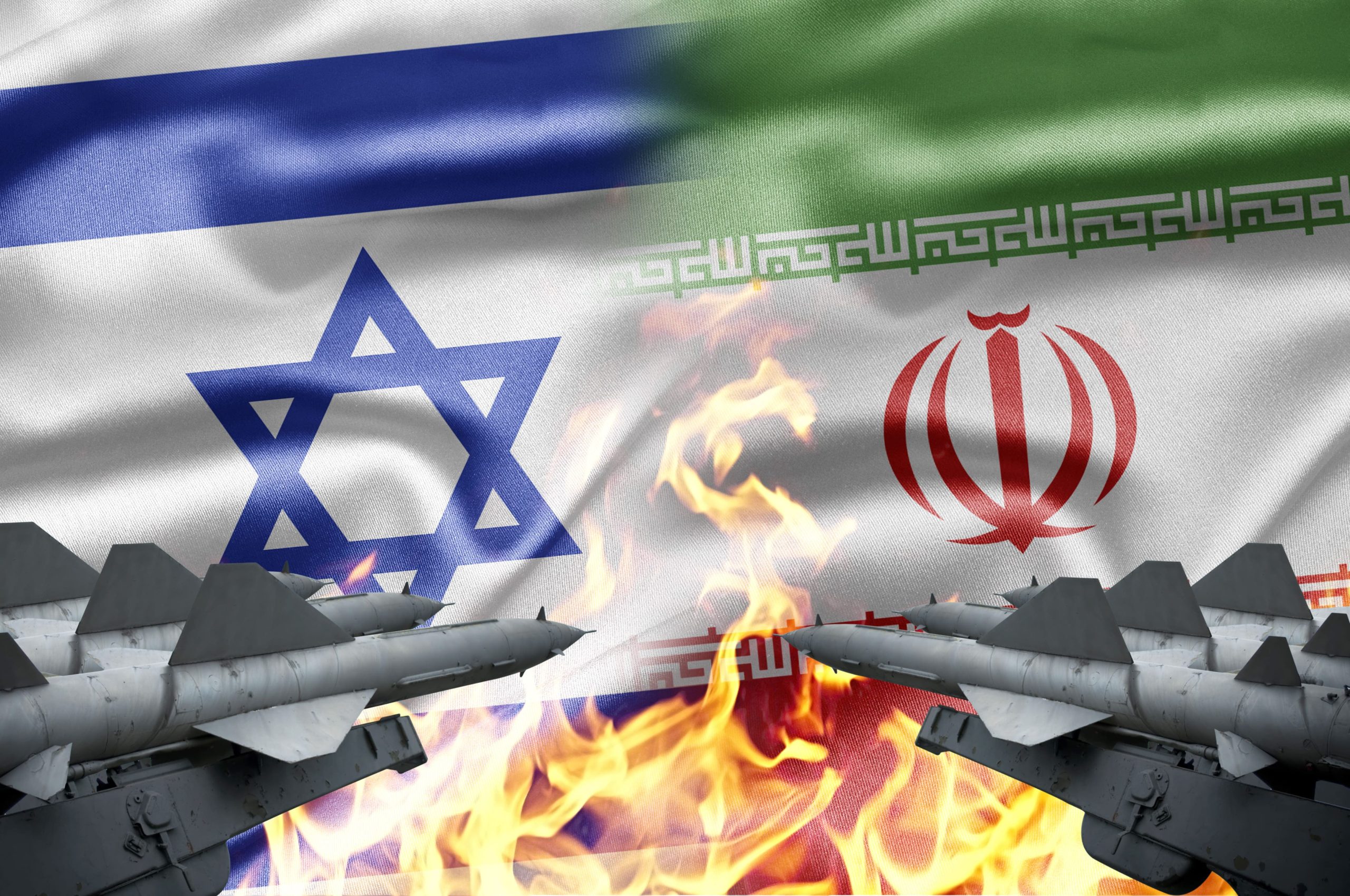A report published by the Israel Hayom newspaper, in conjunction with the Air Force’s massive maneuvers on October 26th, revealed that the Israeli government had called on the security forces to prepare plans to attack Iran’s nuclear facilities, raising questions regarding the seriousness of these threats, and their feasibility should Israel in fact decide to carry them out.
For a number of reasons, it can be said with a high degree of certainty that these threats are not serious but are part of what can be described as mutual psychological warfare between Israel and Iran. This has been ongoing for many years, and Iran, in turn, has also threatened to destroy Israel if it launched any attack against it.
The Iranian nuclear project as deterrent
Israel realizes that the Iranian nuclear project, with many of its secrets revealed in the years following the signing of the nuclear agreement, has a complex and multi-level structure, and is distributed over highly guarded sites throughout the Iranian Republic. Therefore, a strike or several strikes against it may not guarantee its complete destruction. Accordingly, Israeli concerns surrounding the cost of the strike, and especially the size and extent of the Iranian response to such an attack, are significant. The paves the way for psychological warfare, for while Iran increases its measures to guard its nuclear project, it remains concerned about gaps in its security, knowing there are no foolproof protection measures. This places the Iranian decision-maker under constant psychological pressure.
On its part, Israel has real concerns about the consequences of launching military strikes against Iranian nuclear facilities, given its awareness that Iran has long and medium-range missiles that it can launch against Israel. Iran can also order the Lebanese Hezbollah, which possesses a significant missile arsenal, to open a parallel front with Israel. With its a small geographic area, Israel can be completely covered by an intense attack with missiles of varied ranges. Such an attack could inflict mass destruction on infrastructure and the Israeli population. Consequently, Iran’s threat of a devastating response in the event of an Israeli attack on it is a balancing tool in the ongoing psychological warfare between the two countries.
Repeated threats reduce credibility
Since 2007, dozens of Israeli statements have been issued threatening a military strike on the Iranian nuclear project. Repeated threats which are not followed through by action place the credibility of the latest threats in question. The latest of these threats include for example the statement made by Israeli Chief of Staff Aviv Kohavi in January, in which he viewed the possible return by the United States under the Biden Administration to the nuclear agreement as a big mistake that would push Israel to neutralize the Iranian nuclear threat on its own.
Israel has not moved to implement its repeated threats against Iran, despite continuing negotiations between Iran and the US, and despite expectations that these negotiations will fail. The Iranian side was clear in announcing these threats as not serious; Mahmoud Vaezi, director of the office of Iranian President at the time Hassan Rouhani, declared: “They talk a lot and seek psychological war, but they have no plan or ability to implement.”
US opposition to a military strike
A third reason to consider Israeli threats as hollow is the outright US refusal to resort to the military option, whether from Israel alone, or in cooperation between Israel and the US. It was noteworthy that US intelligence issued a report in 2007 denying Israeli claims that Iran is on the verge of successfully producing a nuclear bomb. This removed the pressure Israel had exerted, from that time and up to the signing of the six-party agreement with Iran in 2015, on US officials to put the military option on the table. The United States currently rejects all Israeli pressures to allude to the use of a military option in the event of the failure of the current negotiations with Iran. Many Israeli experts admit that Washington does not have an alternative policy to deter Iran in the event of the failure of negotiations, and that it is doubtful that the American administration would grant Israel approval for any military action against Iran even if negotiations fail. It is difficult to imagine that Israel would adopt the military option without full approval from, and coordination with, the United States.
Israeli cyberwar as a viable Alternative
Former Mossad chief Meir Dagan, who held the position from 2002-2010, was the most adamant Israeli security official in rejecting the use of the military option against Iran. Dagan successfully applied his theory of using cyber warfare and qualitative intelligence operations to confront the Iranian nuclear project. He believed that military action against Iran would be disastrous, posing an existential threat to Israel. It appears that Dagan’s theory is the one adopted by the intelligence leaders, and even by a significant number of senior Israeli army officials who do not favor a military strike against Iran. They argue its results would not be guaranteed, the cost of an Iranian response significant, and finally, they would not endorse such an option without significant US involvement.
It is of note that former Israeli Prime Minister Benjamin Netanyahu, who was known for his overwhelming desire to use the military option against Iran, was unable to achieve this during his eleven-year tenure. This reveals the difficulty of taking a decision to launch a military strike on Iran, especially since cyber operations have proven successful. This is demonstrated by the attacks on Iran’s nuclear facilities in Natanz last April, as well as Israel’s success in shutting down the fuel distribution system in Tehran a few days ago.
These successes will strengthen the position of those within Israel who oppose a military strike against Iran, while weakening the position of those willing to risk using this option. Current Israeli Prime Minister Naftali Bennett’s lack of experience and popularity will prevent an Israeli decision to strike Iran.

